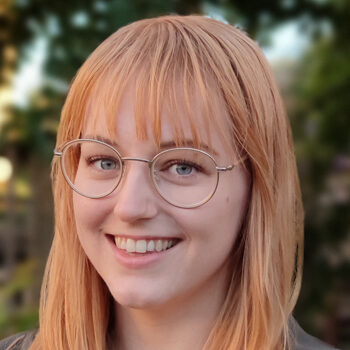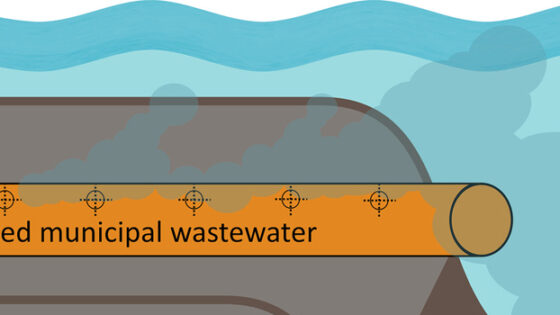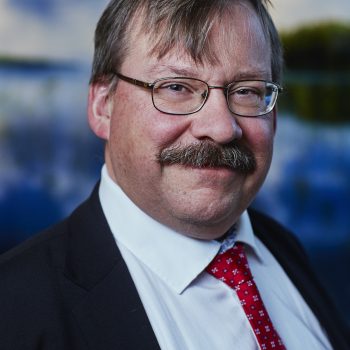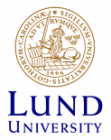Evaluation of the bacterial content in sediments in connection to bathing water quality
This is Ellinor Frank's PhD project. Ellinor is an industrial PhD student at Sweden Water Research and Lund University.
PHD PROJECT The project focuses on investigating the source of poor bathing water quality using DNA sequencing of the bacterial community in the seawater and in sediments. Some bacteria are well known as fecal indicator bacteria (FIB), such as Escherichia coli and enterococci, but there are also many other bacteria that originate in the stomach and intestines of humans. Since there is currently no clear connection between the times when indicator bacteria are found in the water at the beaches and times of flooding, the project investigates whether poor bathing water quality originates from the sediment (linked to historical flooding) outside VA facilities or if there are other sources.
In 2022, the next phase of the project was also started, which involves testing, evaluating and developing an AI solution where an “on site” measurement through flow cytometry and machine learning can be connected to a digital system that enables an early warning system. Today, the municipalities take water samples once a week to find out if there are indicator bacteria in the water. The water samples that are taken according to current regulations do not give results until three days later, a little late for those who are going to bathe on the same day.
Ellinor will investigate whether the bacteria can get from the sediment to the beaches and affect the bathing water quality, or whether the bacteria that create unusable bathing water come from somewhere else. Water samples must be taken from bathing areas to be able to see where the bacteria come from – and whether it is our sewage facilities, which are part of the problem with unserviceable bathing water.
The project is part of Urbana bad.
Supervisor: Catherine Paul, Lund University
Co-supervisors: Therese Jephson and Kenneth M Persson, Sweden Water Research





